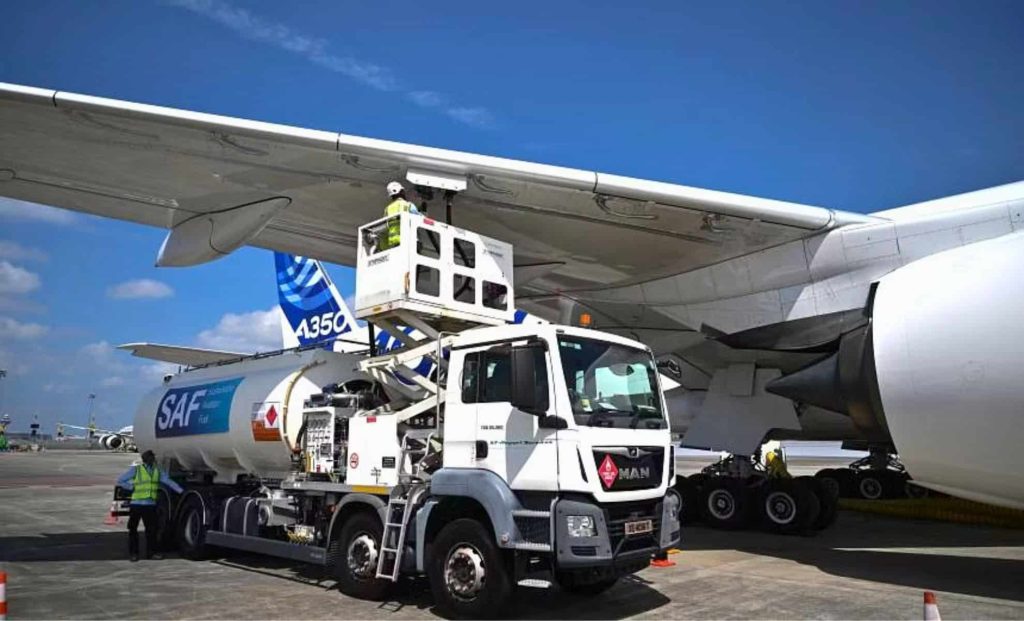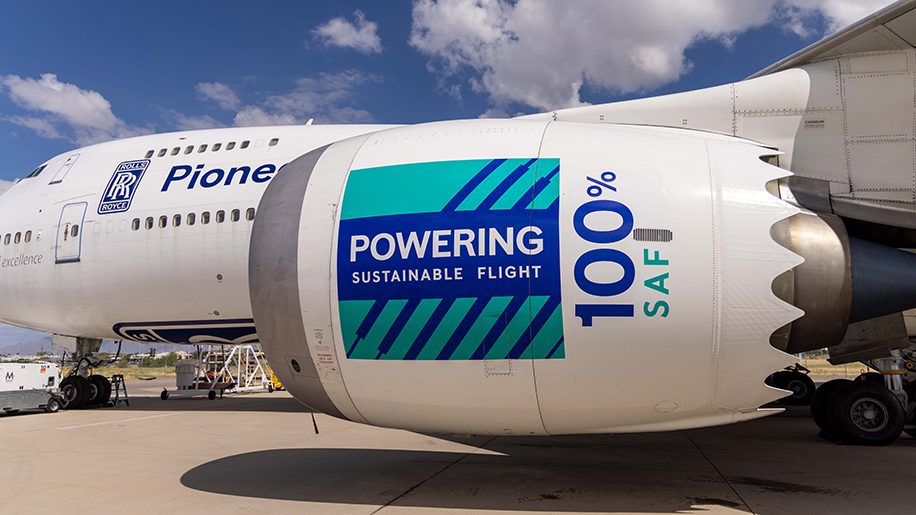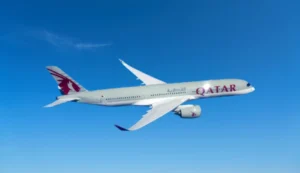UK Government Unveils Sustainable Aviation Fuel (SAF) Mandate to Mitigate Fare Increases
Plans Aim to Stimulate SAF Industry Growth While Addressing Concerns Over Potential Airfare Hikes

image source: econostrum.info
In a bid to accelerate the transition towards sustainable aviation, the UK government has announced plans to implement a mandate requiring airlines to use sustainable aviation fuel (SAF) starting January 2025. The move is part of the government’s broader strategy to reduce carbon emissions from the aviation sector and foster the development of a robust SAF industry.
The mandate, subject to parliamentary approval, aims to ensure that airlines incorporate SAF into their fuel mix, thereby reducing their carbon footprint. However, amidst concerns raised by airlines regarding the potential impact on airfares, the government has proposed a review mechanism to manage prices and minimize the burden on passengers.
According to government projections, the SAF mandate is expected to inject over £1.8 billion into the UK economy and generate approximately 10,000 jobs. The targets set by the government aim to facilitate the supply of around 1.2 million tonnes of SAF annually to meet the aviation industry’s needs.
Transport Secretary Mark Harper emphasized the importance of supporting both the aviation sector and the SAF industry to drive economic growth while ensuring sustainable air travel for passengers. The proposed measures seek to strike a balance between environmental objectives and economic considerations, allowing for continued air travel without significant fare increases.

image source: businesstraveller.com
Industry stakeholders have expressed cautious optimism about the SAF mandate, acknowledging its role in advancing the net-zero transition. However, they have called for additional measures to incentivize SAF production and reduce costs to maintain competitiveness in the global market.
While some environmental advocacy groups have welcomed the government’s recognition of the aviation emissions problem, they emphasize the need for concrete actions to achieve emission reductions. Concerns remain regarding the efficacy of SAF mandates in achieving substantial emission cuts, with calls for broader measures to curtail aviation’s environmental impact.
Amidst ongoing discussions surrounding SAF mandates and revenue certainty mechanisms, the focus remains on ensuring that the aviation industry bears the responsibility for investing in sustainable solutions. Advocates emphasize the importance of holding polluters accountable and implementing policies that prioritize emission reductions while maintaining the viability of air travel.
As stakeholders continue to engage in dialogue and debate, the UK government’s commitment to fostering a sustainable aviation ecosystem remains a focal point in the broader climate agenda. With SAF mandates and support mechanisms in place, the path towards greener skies takes a significant step forward, signaling a pivotal moment in the aviation industry’s transition towards sustainability.






